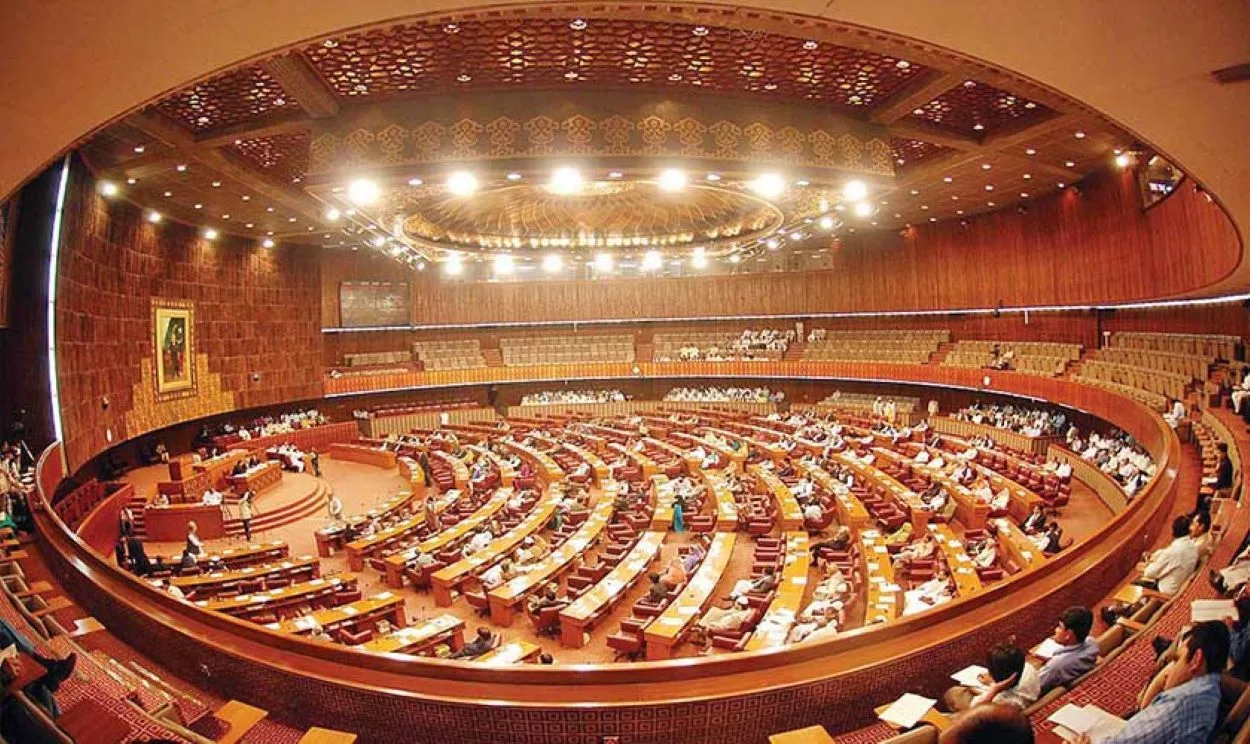The Pakistan Institute of Legislative Development and Transparency (PILDAT) stated that democracy remains as delicate in Pakistan as it was during the elections on July 25, 2018. The previous National Assembly was critiqued for weakening democratic structures. The 15th National Assembly was dissolved prematurely, raising questions about timely elections.
Despite this, legislative activity surged by 45%, with 279 laws passed compared to 192 by its predecessor. Notably, the 15th assembly passed the most laws since 2002. It also saw governance from two administrations – PTI led by Imran Khan and PDM led by Shehbaz Sharif.
Analysis of Ordinances and Sessions
The PTI government prominently utilized ordinances for legislation. Of 75 ordinances presented in the assembly, PTI introduced 72 – a 97% hike from the prior assembly. Interestingly, 49% of bills were not passed to relevant committees in the last three weeks. There was a 9% drop in assembly sittings and a 21% reduction in work hours, costing taxpayers an average of Rs24.23 million per working hour. The assembly also marked a historical event with a successful vote of no-confidence against a PM.
Prime Ministers and Parliamentary Engagement
Prime ministers’ attendance has been indicative of their commitment. Imran Khan attended just 11% of sittings, Shehbaz Sharif 17%, and Nawaz Sharif not more than 14%. In contrast, Syed Yousuf Raza Gilani had a notable 76% attendance. Imran Khan’s administration was highlighted for its contentious relationship with the opposition, frequently sidelining them and evading constitutional duties.
The opposition also faced criticism for their tactics, which often lacked substantive challenges to the government. A noticeable divide between government and opposition leaders was observed, leading to increased political polarization.






